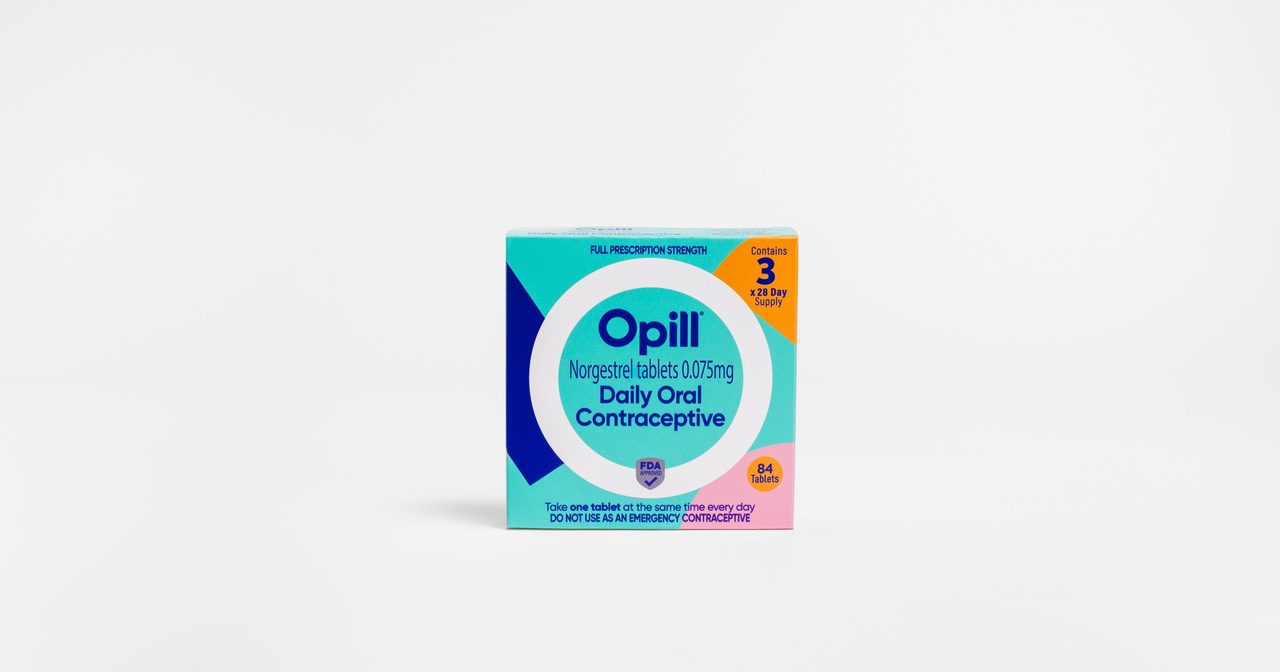Update: As of March 2024, Opill is available for purchase in stores and online.
After being approved by the FDA in July 2023, Opill is almost available online and in drug stores and other retailers near you and your patients. That means, you are likely to get questions from patients about Opill and if it’s a good option for them. And forthcoming focus group research shows that providers are important to increasing awareness about Opill among young people and that patients want to hear from you about this exciting, new option.
We’ve got you covered with sample answers to some of the most frequently asked questions from patients. For more questions, you can send patients over to Bedsider for more.
What is Opill?
Answer: Opill is a brand of progestin-only birth control pill, a.k.a., mini-pill, made with the hormone norgestrel. It works the same way as other progestin-only pills, the only difference is how you get it. Opill is the first birth control pill to be available, over the counter, without a prescription in the US. That means you can buy it online or pick it up at the drug store or other retailer without getting a prescription or talking to a health care provider first.
Is Opill safe and effective?
Answer: Yes and yes! Birth control pills are as safe as other medications that are sold over the counter (that’s why the FDA approved them for OTC use!). The biggest medical associations like the American College of Obstetricians and Gynecologists (ACOG), American Academy of Family Physicians (AAFP), and the American Medical Association (AMA) agree that birth control should be available over the counter. Also, birth control pills have been available OTC all over the world for decades.
Background for providers: Research shows that OTC birth control pills are just as effective at preventing pregnancy as prescription birth control pills. Current OTC methods of birth control, like condoms and spermicide, are less effective than methods available by prescription. So people with more limited access to health care have fewer choices for effective birth control, often settling for less effective methods. Having birth control pills available OTC means people can access a more effective method on their own terms.
Why would I want to use Opill?
Answer: Patients of all ages, incomes, and demographics want to get their birth control pills OTC. Being able to walk into a drug store and get a really effective method of birth control on the day you want to start using it means you are in charge of your birth control, can save time and money by skipping doctor’s visits, and might even making using birth control more private.
How do I get Opill? How much will it cost?
Answer: Opill is coming soon to drugstores, grocery stores, and convenience stores, and will be available online. The manufacturer is suggesting a retail price of $19.99 for a one-month supply and $49.99 for a three-month supply in stores, but each retailer or store determines their own price. Patients can also get a six-month supply for $89.99 at Opill.com. Opill now has a Cost Assistance Program for eligible patients. If cost is a barrier to accessing Opill, getting a prescription from a provider, like a doctor or pharmacist, may allow you to use your insurance to reduce the cost.
Can I still talk to a doctor about birth control if I’m using Opill?
Answer: Absolutely. Even if you are getting your birth control over the counter, it makes sense to talk to a health care provider about your birth control and other sexual health needs. And if you have questions about Opill, I can help you answer those too.
Background for providers: Research shows that people who are using OTC birth control pills are still seeing you for preventative health care visits, like Pap smears and STI screenings. And preventative care visits are also a time to check in with patients who are using OTC pills about how that’s going for them and troubleshoot any issues.
Want more FAQs on Opill?
Head on over to Bedsider to read more about how to switch to Opill, how to start it after EC, what to do if you miss a pill, and more!




